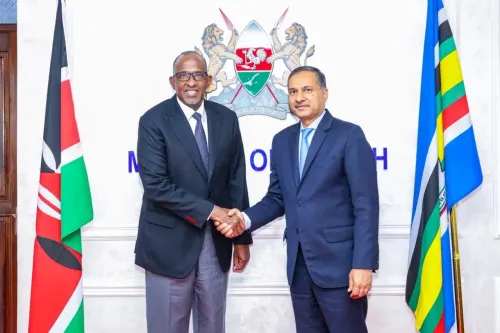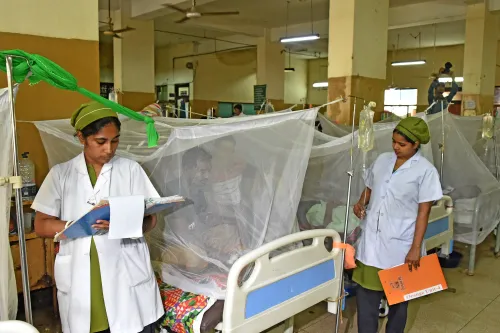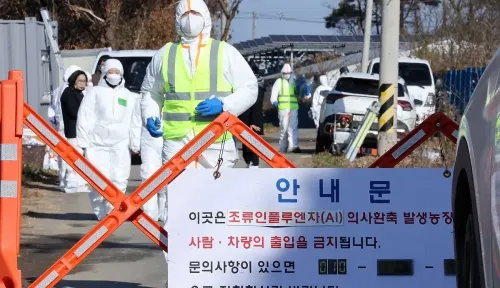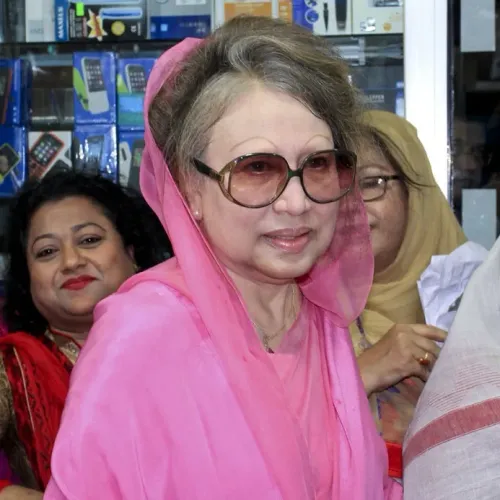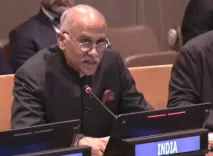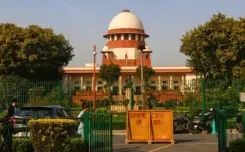Could Childhood Cancer Survivors Face Increased Risk of Severe Covid in Adulthood?
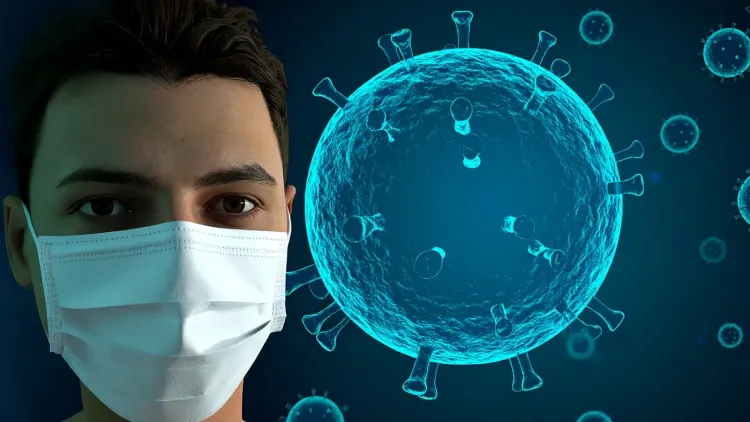
Synopsis
Key Takeaways
- Childhood cancer survivors are less likely to contract Covid-19.
- However, they are 58% more likely to develop severe illness if infected.
- Severe Covid is defined by hospitalization or death.
- Prioritizing this group in future health crises is essential.
- Understanding long-term health risks is crucial for survivors.
New Delhi, July 4 (NationPress) Despite advancements in medical science that enhance the survival rates of childhood cancer, there is evidence suggesting that survivors may experience a greater risk of developing severe Covid-19 as adults. This insight comes from a recent study published in The Lancet Regional Health-Europe on Friday.
The research conducted by the Karolinska Institutet in Sweden indicates that health threats can persist long after cancer treatment has concluded.
Findings reveal that while childhood cancer survivors showed a decreased likelihood of contracting Covid, they were 58% more prone to suffer from severe illness if infected.
Severe Covid was defined as instances requiring hospital admission, intensive care, or resulting in death due to the virus.
Javier Louro, a postdoctoral researcher at the Institute of Environmental Medicine at Karolinska, stated, "It is crucial to recognize that even though these individuals were not infected more frequently, the outcomes were more severe when they did contract the illness."
The research team explored the impact of the Covid pandemic on adult survivors of childhood cancer in Sweden and Denmark.
The study encompassed over 13,000 individuals diagnosed with cancer before turning 20, all of whom were at least 20 years old when the pandemic commenced.
Comparisons were made with both their siblings and randomly selected individuals of the same gender and birth year from the general population.
Variations in risk were notably evident during high transmission phases, particularly with the rapid spread of new variants such as alpha and omicron.
According to Louro, "Our findings imply that childhood cancer survivors should be regarded as a vulnerable group in future pandemics or health emergencies."
He further suggested that this might involve prioritizing these individuals for vaccinations or providing special protective measures during peak transmission periods.


